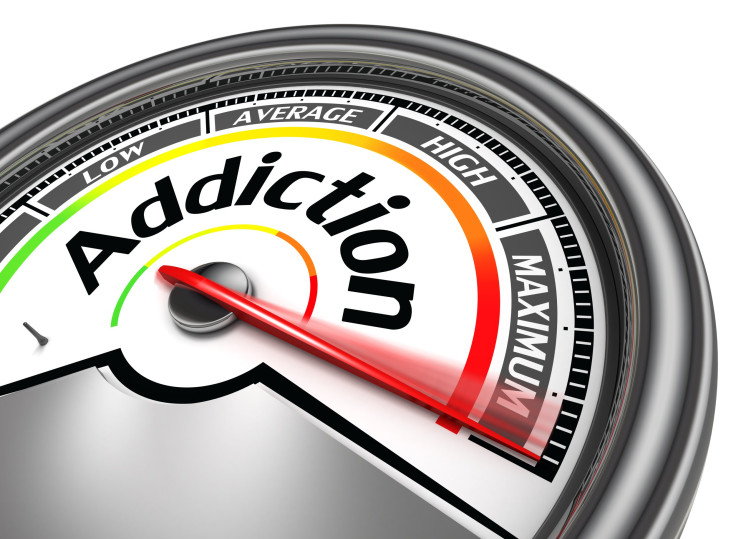Strange Addictions You May Be Shocked To Learn Are Real

Is there something that you cannot imagine going a week or even a day without? If you are anything like me, a day without caffeine would mean headaches and a foul mood. Or maybe you have a weakness for sweets and find it hard to finish a meal without a decadent nibble. Although most may not want to admit it, the majority of adults are addicted to something, whether it be a food, a substance, or a behavior. We are all familiar with the most common addictions such as caffeine, alcohol, tobacco, and drugs. There are people, however, who feed a secret addiction that may make others want to cringe, but to them it is a necessity for getting through the day.
TLC began to reveal bizarre addictions that most people had never heard of on its program My Strange Addiction. The show revealed many strange eating addictions including the consumption of dirt, makeup, toilet paper, paint, nail polish, mattress foam, and plastic bags. One episode broadcast a young man named Josh who was addicted to eating glass. “When I bite into glass I get a warm feeling, kind of get a bit tingly," Josh explained on the show. Many strange consumption addictions have nutritional reasoning behind them. In the case of individuals who eat dirt, this often stems from a lack of iron or zinc in their bodies. The same goes for chewing ice. This often indicates iron deficiency anemia.
Other addictions are more behaviorally driven and often compel the individual to act or alter their appearance in a specific way. Some strange behavioral addiction includes bathing in bleach, getting plastic surgery, licking cat fur, or abnormal affection for inanimate objects such as dolls or toys. For Toby, 33, the star of a recent episode on My Strange Addiction, the desire to look and dress like Justin Bieber has consumed large amounts of his time and money. “When Justin Bieber got famous I was so jealous of him and his good looks. He has this baby face that I just really liked. I was like… That’s what I want to look like, you know,” Toby said about his lifestyle in the episode.
Addiction is a rebellion against the metabolism. The metabolism works by satisfying hunger with food and using the nutrients in food to maintain our health. In the case of an addiction, the body replaces its hunger for food with a hunger for euphoria. Euphoria, a false heightened sense of happiness, is able to cloud our judgment on reality. It makes our minds and, ultimately, bodies reliant on substances and behaviors in order to function correctly.
Human nature’s inclination toward happiness and aversion of pain makes us more susceptible toward addictive behavior. Thankfully most addictions, such as a daily cup of coffee or chocolate after dinner, do not seriously affect our health. When an addiction is detrimental to your mental or physical health, there are a variety of treatments available which have proved successful in curbing and eventually stopping harmful addictions.
Source: Mann H. More than a quick fix. BMJ. 2008.



























